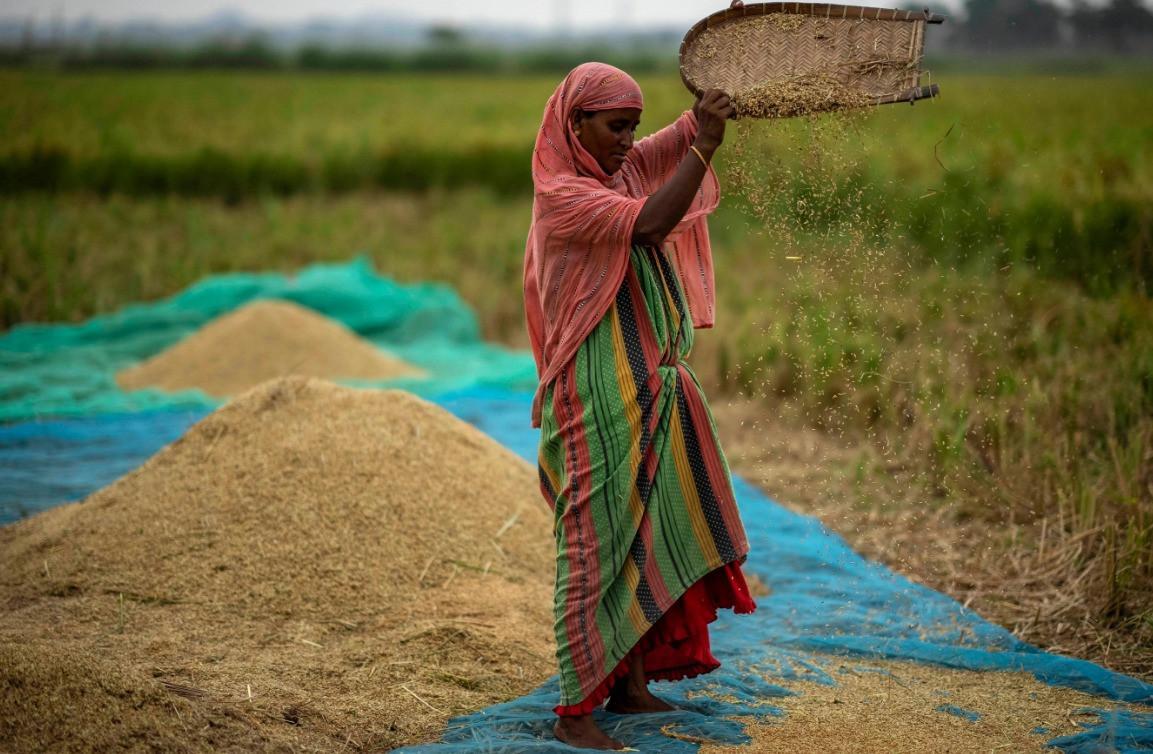El Nino threatens food security
NEW YORK

The El Nino weather phenomenon is just warming up, potentially paving the way for higher temperatures and extreme weather events in a year that has already seen plenty of both.
The first El Nino in years began last month, according to the World Meteorological Organization.
The naturally occurring warming of temperatures in the Pacific Ocean typically lasts between nine to 12 months, and is expected become stronger towards the end of the year.
Scientists have warned the impacts of El Nino - combined with human-induced global warming - will likely stretch beyond the weather.
"In an El Nino year, there are countries where the chances of having a bad harvest increase, for example in South and Southeast Asia," said Walter Baethgen of the International Research Institute for Climate and Society.
Last month India, the largest rice exporter in the world, restricted its exports due to crop damage from irregular monsoon rains.
According to the researchers, such actions have the potential for dire consequences for countries dependent on the exports that could face a "triple challenge" during El Nino.
"The rice trade may be more difficult or less accessible in the international market and because of that, the price of rice will be high," said Baethgen.
"This combination of factors pretty rapidly affects the food insecurity problems.”
A study published in the journal Science in May estimated that past El Ninos cost the global economy more than $4 trillion in the years that followed them.
Impacts from both El Nino and global warming were "projected to cause $84 trillion in 21st-century economic losses", it said.
















